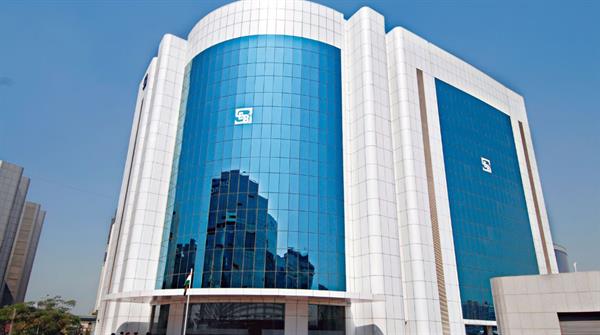SEBI Proposes Review In Rules For Trading In Stock Derivatives.
The Securities and Exchange Board of India (SEBI) has proposed updates to the framework for trading stock derivatives to mitigate risks such as market manipulation, increased volatility, and compromised investor protection.

The Securities and Exchange Board of India (SEBI), the financial market regulator, has proposed revising the framework for trading stock derivatives.
In a consultation paper published on its website, SEBI highlighted potential risks such as market manipulation, increased volatility, and compromised investor protection. The paper seeks feedback from stakeholders on updating the criteria for the entry and exit of stocks in the derivatives market.
Derivatives trading involves profiting from the future value of an underlying asset.
Increased Derivatives Trading
Trading in derivatives, especially in the futures and options (F&O) segment, has surged among small retail investors in India over recent years. Both exchanges and the regulator have periodically cautioned investors about the high risks associated with these investments. SEBI's discussion paper emphasizes that derivatives contracts on individual stocks should have sufficient liquidity and attract diverse market participants, a requirement currently only applied to index derivatives.
"Without sufficient depth in the underlying cash market and appropriate position limits on leveraged derivatives, there is a higher risk of market manipulation, increased volatility, and compromised investor protection. Therefore, SEBI needs to ensure that only high-quality stocks with sufficient size, liquidity, and market depth are included in the derivatives segment," SEBI stated.
The regulator also noted that stocks with low derivative turnover, low open interest, and limited participation in the derivatives segment are more susceptible to manipulation, thus posing greater risks to investors.
Proposed Changes
Under the new proposed rules, for a stock to qualify for futures and options (F&O) trading, it should have traded on at least 75% of trading days. Additionally, at least 15% of trading members active in all stock derivatives or 200 members, whichever is lower, should have traded in any derivative contract on the stock. The average premium daily turnover should be a minimum of Rs 150 crore, and the average daily turnover should range between Rs 500 crore and Rs 1,500 crore.
Public comments on the proposal are invited until June 19, 2024.